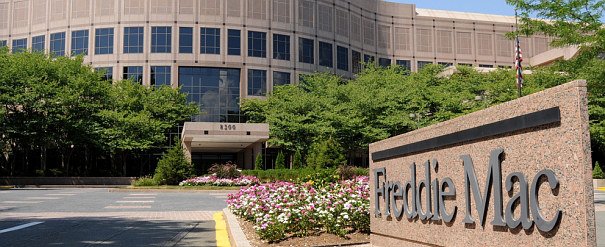

/thinkstockphotos-476568200-5bfc34dcc9e77c005181852f.jpg)
However, not everyone is comforted by the idea increased agglomeration. Is further consolidation in the financial marketplace good for the country?īigger banks could have more efficiencies of scale and thus the possibility of lower operational costs per transaction. Walsh says the eight banks are Bank of America, Citibank, JPMorgan Chase, HSBC, MetLife, PNC, Wells Fargo, and U.S. “The servicing portfolios of the eight largest national bank mortgage servicers account for approximately 63 percent of all mortgages outstanding in the United States - nearly $33.3 million loans totaling almost $5.8 trillion in principal balances as of June 30, 2010,” said John Walsh, acting Comptroller of the Currency, a major bank regulator. The biggest lenders originate a lot of loans but who does the servicing? The fourth largest originator was GMAC and the fifth was Citibank. Three banks - Wells Fargo, Bank of America and Chase - originated 56 percent of last year’s mortgages, says MortgageDaily. In terms of mortgages, MortgageDaily reports that home loan closings from the three biggest lenders totaled about $1.53 trillion in 2010. The big four include JPMorgan Chase Bank ($1.6 trillion), Bank of America ($1.5 trillion), Citibank ($1.2 trillion) and Wells Fargo Bank ($1.1 billion).

30, the four largest banks had assets of $5.4 trillion, roughly 40 percent of all lender holdings. Not only has financial competition shrunk, it has also become more concentrated. Today, according to the FDIC there are just 7,643 insured banks and S&Ls with assets of $13.4 trillion. In 1983 there were 14,884 banking institutions in the U.S. To understand why we need to look at some numbers, vertical integration and the economies of scale. If the Obama plan goes through that exception will end. Freddie Mac and Fannie Mae are packagers and loan guarantors but do not originate or service mortgages.Ī handful of major banks now dominate the financial system - except for the secondary market. To do this you need a steady supply of loans, servicers to administer the mortgages on a day-to-day basis and packagers to buy and sell mortgage-backed securities to investors.

In a world without Fannie Mae and Freddie Mac there will still be a secondary market, but it would be different.Ī secondary market can function if it simply has parties willing to create, buy, sell and guarantee mortgage-backed securities. The result was that the GSEs were able to borrow at cheaper rates than private-sector lenders, savings which could be passed through to homeowners in the form of lower mortgage costs.” “There was a presumption - which proved to be true - that the federal government would make good on all guarantees if the two companies got into trouble, that they were too big to fail. Treasury,” said Jim Saccacio, Chairman and CEO at RealtyTrac. “A major attraction of Fannie Mae and Freddie Mac was that each organization had a unique ability to borrow up to $2.5 billion directly from the U.S. Interests in mortgage-backed securities can be bought and sold worldwide and with electronic speed. They package the loans into mortgage-backed securities, sell them to investors such as pension funds, insurance companies and foreign governments and then guarantee the returns. It’s been dominated for decades by Fannie Mae and Freddie Mac, two government-sponsored enterprises (GSEs) that were taken over by the federal government in 2008.įannie Mae and Freddie Mac are the world’s largest buyers of local mortgages. The secondary market is the important and largely hidden engine which makes cheap mortgages universally available across the US. Why should we deliberately make Fannie Mae and Freddie Mac less competitive? And what happens to mortgage rates and the availability of real estate financing if we do? The Obama Administration now says that it’s time to begin “the orderly and deliberate wind down of Fannie Mae and Freddie Mac.” As a result the secondary market - the electronic platform where mortgages are bought and sold - will be placed in the hands of the private sector once the transition is completed. Are we ready to phase out Fannie Mae and Freddie Mac? This is not an idle question for anyone who needs a mortgage, worries about interest rates or wonders where real estate values are headed.


 0 kommentar(er)
0 kommentar(er)
